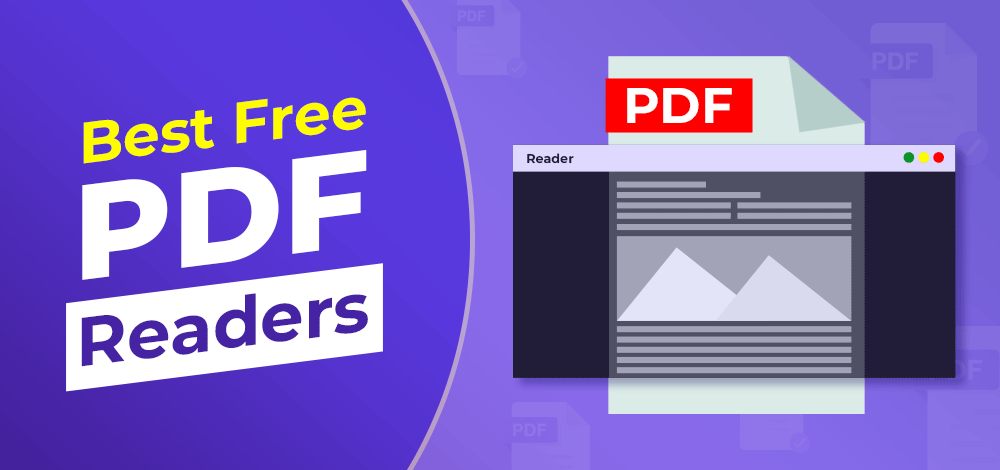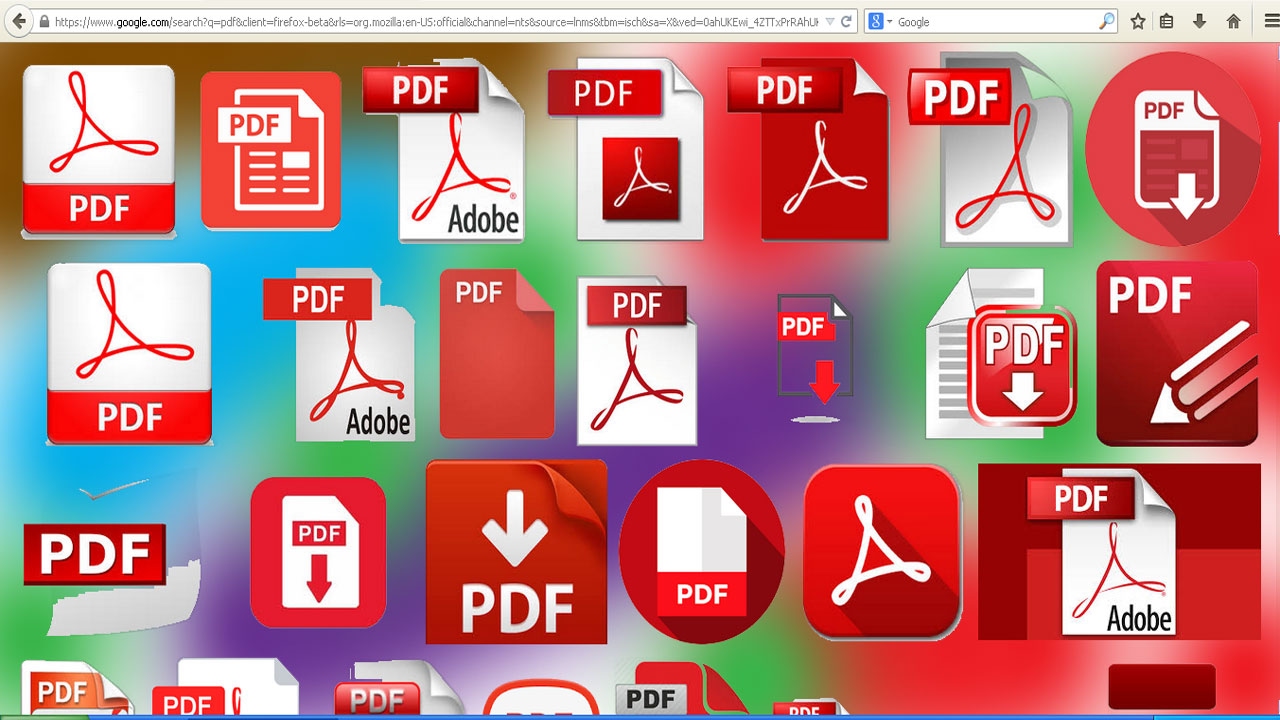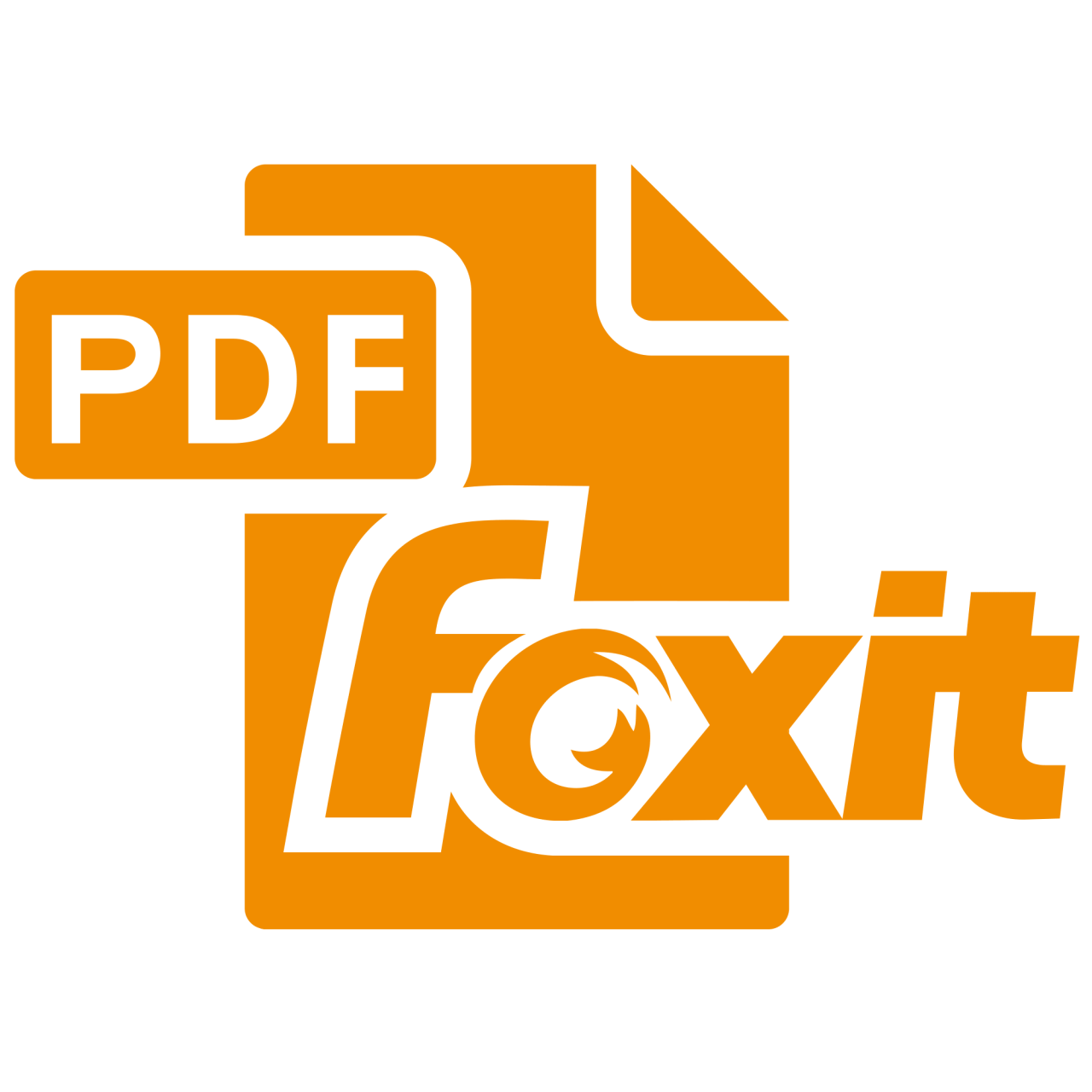PDF reader online has become an indispensable tool in today’s digital world, allowing us to access, view, and interact with documents effortlessly. From academic papers to legal documents, online PDF readers have revolutionized how we manage and share information.
Table of Contents
The evolution of PDF readers has been a journey of innovation, with online platforms offering increasingly sophisticated features and user-friendly interfaces. These online tools have emerged as a preferred choice for individuals and businesses alike, offering numerous benefits that traditional desktop software simply cannot match.
Key Features of Online PDF Readers
Online PDF readers have revolutionized how we interact with documents. They offer a wide range of functionalities, making it easier to view, edit, annotate, and convert PDF files directly from your web browser.
Viewing PDFs
Online PDF readers allow you to open and view PDF documents without the need for any software installations. These readers are designed for seamless viewing, with features such as:
- Zoom and Pan: Easily zoom in and out of specific areas of the document, or pan across the page for a closer look.
- Page Navigation: Navigate through multiple pages quickly and easily using page thumbnails, page numbers, or scroll bars.
- Text Selection: Select and copy text from the PDF for use in other applications.
- Search Functionality: Quickly find specific words or phrases within the document using a search bar.
Editing PDFs, Pdf reader online
Many online PDF readers offer basic editing features, allowing you to make changes directly within the document. These features can include:
- Text Editing: Edit existing text within the document, change fonts, sizes, and styles.
- Image Editing: Add, remove, or resize images within the document.
- Page Rearrangement: Reorder pages, delete pages, or insert new pages.
Annotating PDFs
Online PDF readers often provide annotation tools, allowing you to add notes, highlights, and other markings to documents. These tools are useful for:
- Adding Comments: Leave comments and feedback directly on the document for others to see.
- Highlighting Important Text: Highlight key sections or phrases to emphasize important information.
- Drawing and Shapes: Use drawing tools to add shapes, lines, or arrows to the document.
Converting PDFs
Online PDF readers often allow you to convert PDF documents into other formats, such as:
- Word (.doc or .docx): Convert PDFs to editable Word documents for further editing and formatting.
- Excel (.xls or .xlsx): Convert PDFs with tables into editable Excel spreadsheets.
- Images (JPEG, PNG): Convert PDFs to images for sharing or printing.
Comparison of Features
Different online PDF readers offer varying levels of functionality. Some popular online PDF readers include:
| Feature | Google Docs | Adobe Acrobat Online | Smallpdf |
|---|---|---|---|
| Viewing | ✓ | ✓ | ✓ |
| Editing | ✓ | ✓ | ✓ |
| Annotating | ✓ | ✓ | ✓ |
| Converting | ✓ | ✓ | ✓ |
| Security Features | ✓ | ✓ | ✓ |
| Collaboration Tools | ✓ | ✓ | ✓ |
Using Features in Different Scenarios
Online PDF reader features can be utilized in various scenarios:
- Students: Students can use online PDF readers to annotate textbooks, highlight important information, and take notes.
- Professionals: Professionals can use online PDF readers to collaborate on documents, share feedback, and track changes.
- Businesses: Businesses can use online PDF readers to create and manage contracts, invoices, and other important documents.
Considerations for Choosing an Online PDF Reader
Selecting the right online PDF reader is crucial for seamless document viewing and management. With numerous options available, considering several factors ensures you choose a tool that meets your specific needs and preferences.
Compatibility
Compatibility is a critical aspect of choosing an online PDF reader. Different browsers and operating systems may have varying levels of support for specific PDF reader features. To ensure a smooth experience, consider the following:
- Browser Compatibility: Check if the PDF reader supports the browsers you frequently use. Most modern online PDF readers are compatible with popular browsers like Chrome, Firefox, Safari, and Edge. However, older or less common browsers may have limited support.
- Operating System Compatibility: Ensure the PDF reader works seamlessly on your preferred operating system, such as Windows, macOS, Linux, or Chrome OS. Some readers may offer dedicated desktop applications, while others are solely web-based.
- Device Compatibility: If you need to access PDF documents on various devices, such as smartphones or tablets, ensure the PDF reader is mobile-friendly and offers a responsive interface. Some readers provide dedicated mobile apps for enhanced functionality.
Security
Security is paramount when handling sensitive documents online. Consider the following security features:
- Data Encryption: Choose a PDF reader that uses robust encryption protocols to protect your documents from unauthorized access. This ensures that only authorized individuals can view or modify the files.
- Secure Storage: If you need to store PDF documents online, opt for a reader that offers secure cloud storage with features like two-factor authentication and regular security audits. This helps safeguard your data from breaches and unauthorized access.
- Privacy Policies: Review the privacy policies of the PDF reader to understand how your data is collected, used, and shared. Choose a reader that prioritizes user privacy and data security.
User Experience
A user-friendly interface enhances productivity and makes document management enjoyable. Consider these user experience factors:
- Ease of Use: Choose a PDF reader with a simple and intuitive interface that is easy to navigate, even for users who are not tech-savvy. Look for clear menus, straightforward controls, and helpful tooltips.
- Customization Options: Consider the level of customization offered by the PDF reader. Features like font size adjustments, page layout options, and annotation tools can enhance readability and user comfort.
- Performance: Opt for a PDF reader that loads documents quickly and provides smooth scrolling and page navigation. A responsive interface ensures a seamless and efficient reading experience.
Additional Features
Beyond core functionalities, additional features can enhance your PDF reading experience. Consider these:
- Annotation Tools: Features like highlighting, underlining, and adding notes can be helpful for reviewing documents and collaborating with others.
- Form Filling: If you frequently work with fillable PDF forms, choose a reader that supports form filling and allows you to save completed forms electronically.
- Conversion Options: Some PDF readers offer the ability to convert PDF documents to other formats, such as Word or Excel. This can be useful for editing or sharing documents with others.
Recommendations
Choosing the best online PDF reader depends on your specific needs and preferences.
- For basic document viewing: If you primarily need to view PDF documents without any advanced features, a simple and free online reader like Google Docs or Adobe Acrobat Reader might suffice.
- For collaboration and annotation: If you need to collaborate on documents and add annotations, consider a reader like Smallpdf or PDFescape, which offer robust annotation tools and collaboration features.
- For advanced editing and conversion: If you require advanced editing and conversion capabilities, a subscription-based service like Adobe Acrobat Pro DC might be a better choice.
Future Trends in Online PDF Readers

The landscape of online PDF readers is constantly evolving, driven by advancements in technology and the growing demand for enhanced functionality. Emerging technologies and trends are shaping the future of PDF readers, leading to more intuitive, powerful, and accessible experiences for users.
The Influence of Artificial Intelligence and Machine Learning
Artificial intelligence (AI) and machine learning (ML) are transforming the way PDF readers function. These technologies offer the potential to automate tasks, improve document comprehension, and personalize user experiences.
- Automated Document Processing: AI and ML can automate tasks such as document extraction, data analysis, and form filling, streamlining workflows and reducing manual effort. For example, AI-powered PDF readers can automatically extract key information from invoices, contracts, or reports, saving users time and effort.
- Enhanced Search and Retrieval: AI-powered search capabilities can improve the accuracy and relevance of search results, making it easier for users to find specific information within complex documents. By understanding the context and semantic meaning of words, AI can provide more precise search results, leading to a more efficient and productive reading experience.
- Personalized Recommendations: ML algorithms can analyze user behavior and preferences to provide personalized recommendations for relevant documents, resources, or features. For instance, an AI-powered PDF reader could suggest relevant articles or research papers based on a user’s reading history and interests.
- Document Summarization and Analysis: AI can automatically summarize large documents, highlighting key insights and providing concise overviews. This can be particularly useful for users who need to quickly grasp the essence of lengthy documents without reading through the entire text.
Use Cases and Applications

Online PDF readers have become indispensable tools across various industries, empowering users to manage, collaborate on, and access documents efficiently. Their versatility makes them suitable for diverse applications, streamlining workflows and enhancing productivity.
Document Management
Online PDF readers offer a robust platform for managing documents. They provide features like:
- Storage and Organization: Users can upload, store, and organize their PDF documents in a central location, making retrieval easy and efficient.
- Version Control: Tracking changes and maintaining different versions of a document is simplified, preventing confusion and ensuring accuracy.
- Security and Access Control: Online PDF readers allow users to set passwords, restrict access, and control who can view or edit specific documents, enhancing security and confidentiality.
Collaboration
Online PDF readers facilitate seamless collaboration on documents:
- Shared Viewing and Editing: Multiple users can simultaneously view and edit a PDF document, enabling real-time collaboration and facilitating quicker decision-making.
- Commenting and Annotations: Users can add comments, annotations, and highlights to PDF documents, allowing for constructive feedback and discussions.
- Document Sharing: Sharing documents with colleagues, clients, or partners is simplified, enabling efficient communication and distribution.
Education
Online PDF readers are widely used in education:
- Digital Textbooks and Course Materials: Students can access and read textbooks, articles, and other course materials digitally, enhancing accessibility and convenience.
- Interactive Learning: Online PDF readers can incorporate interactive features like quizzes, exercises, and multimedia elements, making learning more engaging and effective.
- Assignments and Assessments: Teachers can easily assign and grade assignments in PDF format, streamlining the assessment process.
Research
Online PDF readers are essential tools for researchers:
- Accessing and Organizing Research Papers: Researchers can access and organize vast amounts of research papers in PDF format, making it easier to conduct literature reviews and synthesize information.
- Citation Management: Some online PDF readers integrate with citation management software, simplifying the process of referencing sources and creating bibliographies.
- Collaboration and Sharing: Researchers can collaborate on research papers, share findings, and discuss ideas using online PDF readers.
Industries Benefiting from Online PDF Readers
Numerous industries rely on online PDF readers for their operations:
- Legal: Law firms use online PDF readers for managing legal documents, contracts, and case files, ensuring security and compliance.
- Healthcare: Healthcare professionals use online PDF readers for managing patient records, medical reports, and research papers, ensuring privacy and data integrity.
- Finance: Financial institutions utilize online PDF readers for managing financial statements, reports, and contracts, enhancing security and efficiency.
- Education: Educational institutions use online PDF readers for digital textbooks, course materials, assignments, and assessments, facilitating learning and collaboration.
- Government: Government agencies utilize online PDF readers for managing official documents, regulations, and policies, ensuring security and accessibility.
Conclusion: Pdf Reader Online

In conclusion, online PDF readers have revolutionized the way we interact with documents in the digital age. From their ease of use and accessibility to their diverse feature sets and compatibility with various platforms, they have become an indispensable tool for individuals and businesses alike. The convenience of accessing and managing PDF files from any device with an internet connection has made them a popular choice for various tasks, including document viewing, editing, annotation, and sharing.
The Significance of Online PDF Readers in the Digital Landscape
Online PDF readers have significantly impacted the digital landscape, transforming how we handle documents. They have simplified document management, eliminated the need for bulky software installations, and fostered collaboration by enabling real-time editing and annotation. This accessibility and efficiency have made them a vital component of modern workflows, streamlining processes and enhancing productivity.
Final Conclusion
Online PDF readers have undoubtedly transformed how we interact with digital documents, providing a seamless and accessible way to manage, share, and collaborate. As technology continues to advance, we can expect even more innovative features and functionalities to emerge, further enhancing the role of online PDF readers in our digital lives.
Need to access a PDF file on the go? There are plenty of free online PDF readers available, but if you need to edit or annotate documents, you might want to consider a more robust solution. For example, parallel desktop allows you to run Windows applications on your Mac, including powerful PDF editors like Adobe Acrobat.
This gives you the flexibility to work with PDFs seamlessly, whether you’re at home or on the move.
